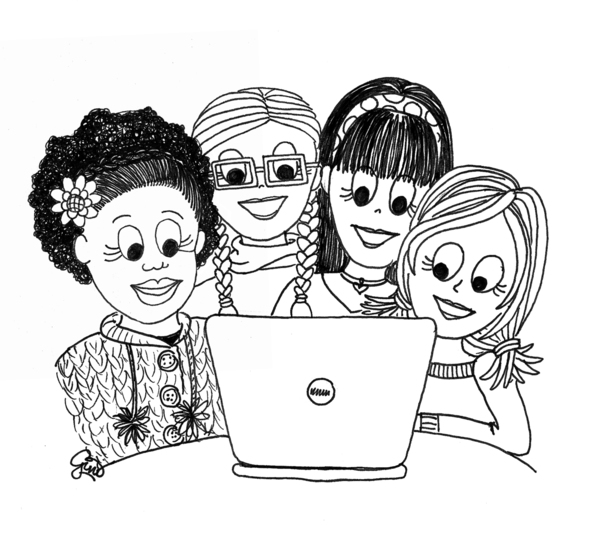| << Chapter < Page | Chapter >> Page > |
A: Yes, it’s under copyright. However, whether or not you can (safely) post it to YouTube is another question. Some media companies have decided to tolerate this practice (see first question from this section). Others firmly oppose it. Or, a company may change its policy from one side to the other. The basic answer to whether or not you should post a movie clip onto YouTube is “maybe.”

Q: I know I can make a backup copy of my music in case the CD breaks. Can I, legally, do the same thing for a DVD or videocassette?
A: Yes, for personal backup or transfer to a different device (such as your computer), you may legally make a copy of a movie. However, the decision is actually made not by law but by the movie distributor. If the DVD has software that prevents copying, you may not bypass that software, even if the copy you have in mind is legal.
Q: I just found out that my girlfriend borrows DVDs and copies them so that she can view them on her phone. She says that she’d fall asleep during class if she didn’t have movies to watch! I’m worried that she may be breaking the law. Is she?
A: Making a copy for personal research is covered under Fair Use. Making a copy for personal entertainment is not. It would be very hard to argue that a movie used for watching during class, even to stay awake, is being used for “research”. However, if she owned each movie she copied this way, she could argue that the copies are for backup or for viewing convenience. Finally, if she is breaking the encryption (DRM) on the DVDs in order to make the copies, she is in violation of the DMCA.
Q: My parents have hundreds of movies on videocassette. I’d like to convert approximately 25 or 30 of them to DVD format. It’s for preservation purposes – those old cassettes are starting to break – but I’d also like to take these movies to college. The original videocassettes were legally purchased. Is it legal for me to convert them?
A: So long as you do not distribute those movies to other people (even for free), it is legal to make this conversion for your personal preservation needs. Where you store the preservation copy - at home or at college - is up to you.
Q: With my current computer, I am able to run movie-editing software. For practice, I began editing commercial movies that I owned on DVD. I intended only to do this as practice, but after some time, I found it was fun to create alternate scenes, or change the voice of a character. Later still I found that many remakes of movie scenes are available on YouTube, seemingly without penalty. Is it legal to create and distribute modifications of commercial movies?
A: The modified version of a movie is considered a derivative work, and legally speaking, creating a derivative work is the right of the copyright owner. That’s why the CleanFlicks Company, described at the start of this chapter, had to close. Some copyright owners take the creation of derivative works very seriously; others are very tolerant of it. Specific instances may be tolerated by the movie owners to take advantage of the publicity, or to sell advertising near the remakes. There is no way to know ahead of time whether your modified version will be tolerated. The safest way to create such modifications is in your own home, and for limited viewership.

Notification Switch
Would you like to follow the 'Copyright for the rest of us' conversation and receive update notifications?